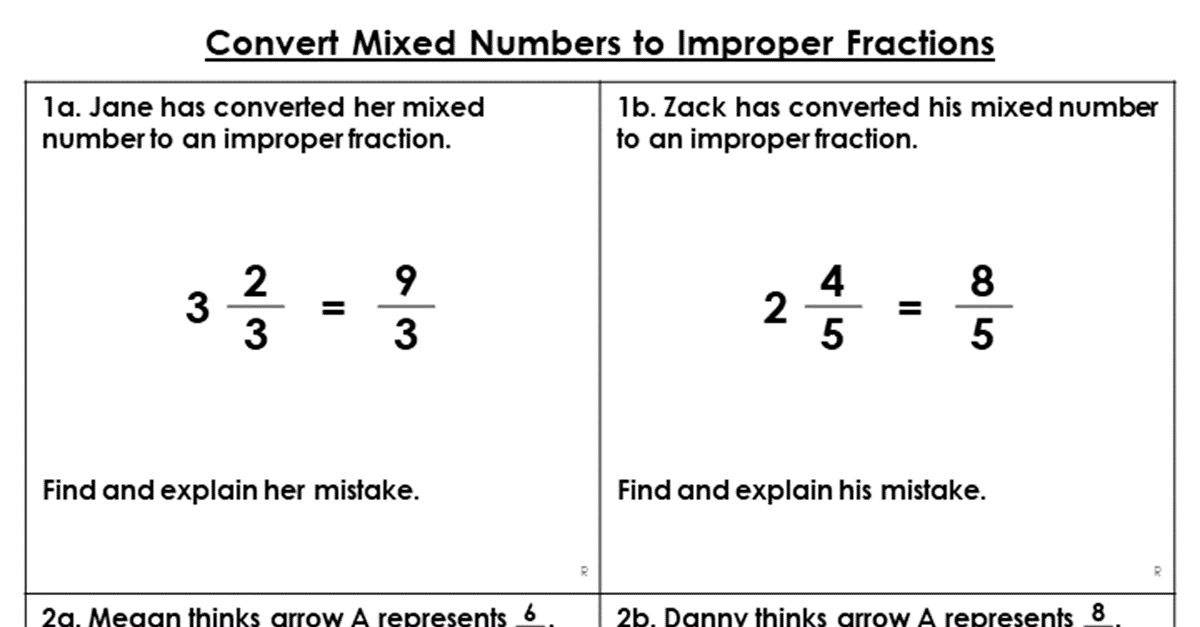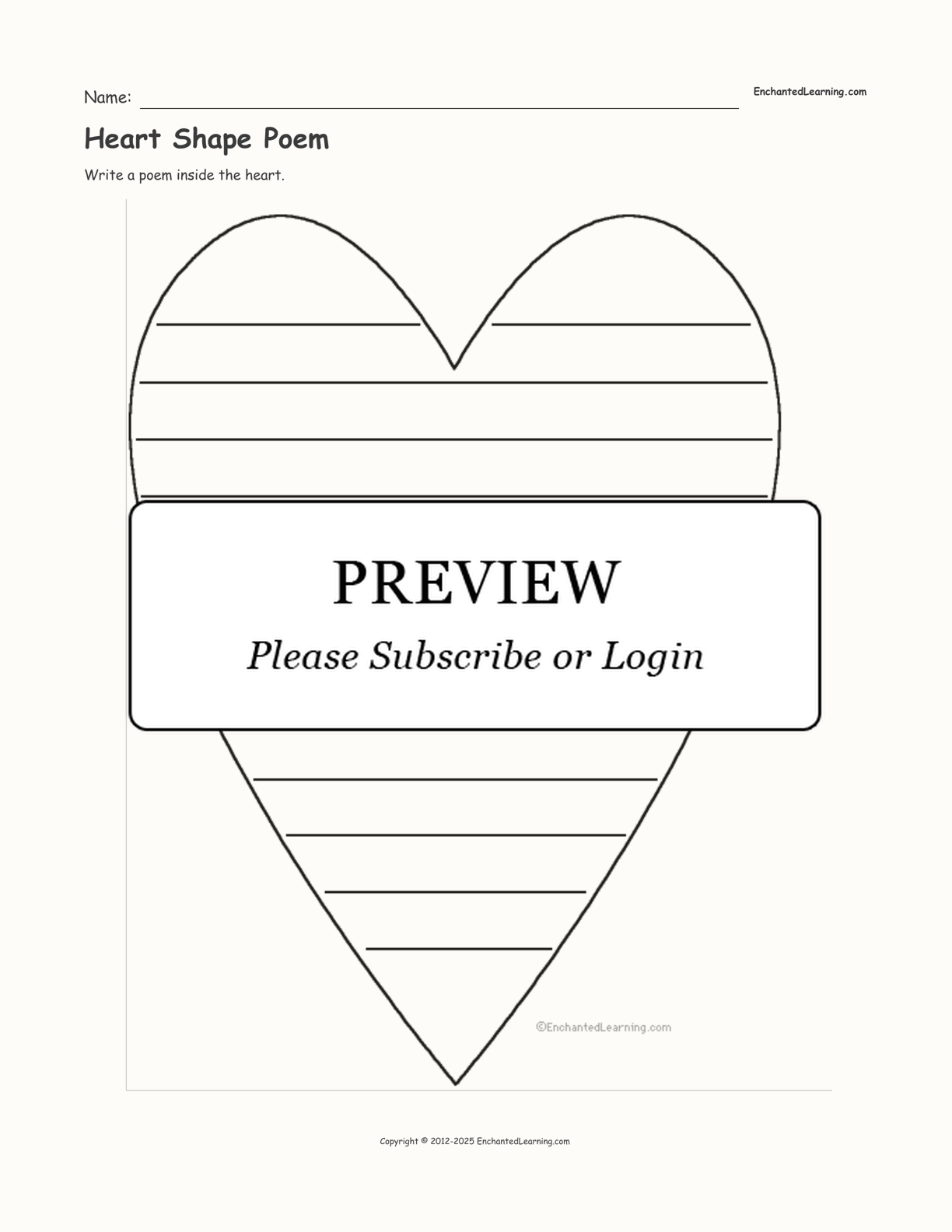10 Executive Functioning Worksheets for Kids and Adults

Boosting Productivity and Organization with Executive Functioning Worksheets
Executive functioning skills are essential for individuals of all ages, enabling them to plan, organize, and execute tasks efficiently. These skills encompass a range of cognitive processes, including working memory, attention, planning, and self-regulation. For individuals struggling with executive functioning deficits, worksheets can be a valuable tool to help improve these skills. In this article, we will explore 10 executive functioning worksheets suitable for both kids and adults.
What are Executive Functioning Worksheets?
Executive functioning worksheets are designed to help individuals develop and strengthen their executive functioning skills. These worksheets typically involve activities that target specific cognitive processes, such as planning, organization, time management, and self-regulation. By completing these worksheets, individuals can improve their ability to manage tasks, prioritize activities, and regulate their emotions.
Benefits of Executive Functioning Worksheets
Executive functioning worksheets offer numerous benefits for individuals of all ages. Some of the advantages of using these worksheets include:
- Improved organization and time management skills
- Enhanced planning and prioritization abilities
- Increased self-regulation and self-awareness
- Better working memory and attention
- Enhanced productivity and efficiency
10 Executive Functioning Worksheets for Kids and Adults
Here are 10 executive functioning worksheets suitable for both kids and adults:
Daily Schedule Template: Create a daily schedule template to help individuals plan and organize their day. This worksheet can include space for prioritizing tasks, setting deadlines, and tracking progress.
Task Analysis Worksheet: This worksheet involves breaking down complex tasks into smaller, manageable steps. Individuals can use this worksheet to identify the tasks they need to complete, the steps required to complete each task, and the resources needed.
Prioritization Worksheet: This worksheet helps individuals prioritize tasks based on importance and urgency. Individuals can use this worksheet to identify the most critical tasks, allocate time and resources, and establish a plan for completion.
Time Management Worksheet: This worksheet involves tracking time spent on tasks and identifying areas for improvement. Individuals can use this worksheet to set realistic goals, establish a schedule, and monitor progress.
Working Memory Exercise: This worksheet involves completing working memory exercises, such as memorizing numbers or words, to improve cognitive function.
Self-Regulation Worksheet: This worksheet helps individuals identify and regulate their emotions. Individuals can use this worksheet to recognize triggers, develop coping strategies, and track progress.
Goal Setting Worksheet: This worksheet involves setting short-term and long-term goals. Individuals can use this worksheet to identify objectives, establish a plan, and track progress.
Emotional Regulation Chart: This worksheet involves creating an emotional regulation chart to help individuals manage their emotions. Individuals can use this worksheet to identify emotions, develop coping strategies, and track progress.
Organizational Checklist: This worksheet involves creating an organizational checklist to help individuals stay organized. Individuals can use this worksheet to identify areas for improvement, establish a plan, and track progress.
Self-Monitoring Worksheet: This worksheet involves tracking progress and identifying areas for improvement. Individuals can use this worksheet to set realistic goals, establish a plan, and monitor progress.
📝 Note: These worksheets are designed to be flexible and adaptable to individual needs. Feel free to modify or combine worksheets to suit your requirements.
Using Executive Functioning Worksheets Effectively
To get the most out of executive functioning worksheets, consider the following tips:
- Start with simple worksheets and gradually increase complexity as skills improve.
- Use worksheets in conjunction with other strategies, such as cognitive training and behavioral therapy.
- Establish a regular routine for completing worksheets, such as daily or weekly.
- Provide feedback and encouragement to individuals using the worksheets.
- Monitor progress and adjust worksheets as needed.
What are executive functioning skills?
+Executive functioning skills are a range of cognitive processes, including working memory, attention, planning, and self-regulation, that enable individuals to plan, organize, and execute tasks efficiently.
Who can benefit from executive functioning worksheets?
+Individuals of all ages can benefit from executive functioning worksheets, including children and adults with executive functioning deficits, ADHD, autism, and other neurodevelopmental disorders.
How often should I use executive functioning worksheets?
+The frequency of using executive functioning worksheets depends on individual needs and goals. Start with a regular routine, such as daily or weekly, and adjust as needed.
By incorporating executive functioning worksheets into daily routines, individuals can develop the skills they need to succeed in all areas of life. Whether you’re a parent, educator, or individual looking to improve your executive functioning skills, these worksheets provide a valuable tool to help you achieve your goals.
Related Terms:
- Free printable executive functioning worksheets
- Executive functioning worksheets PDF
- Executive functioning worksheets for kids
- Executive functioning activities PDF
- Executive functioning group activities



